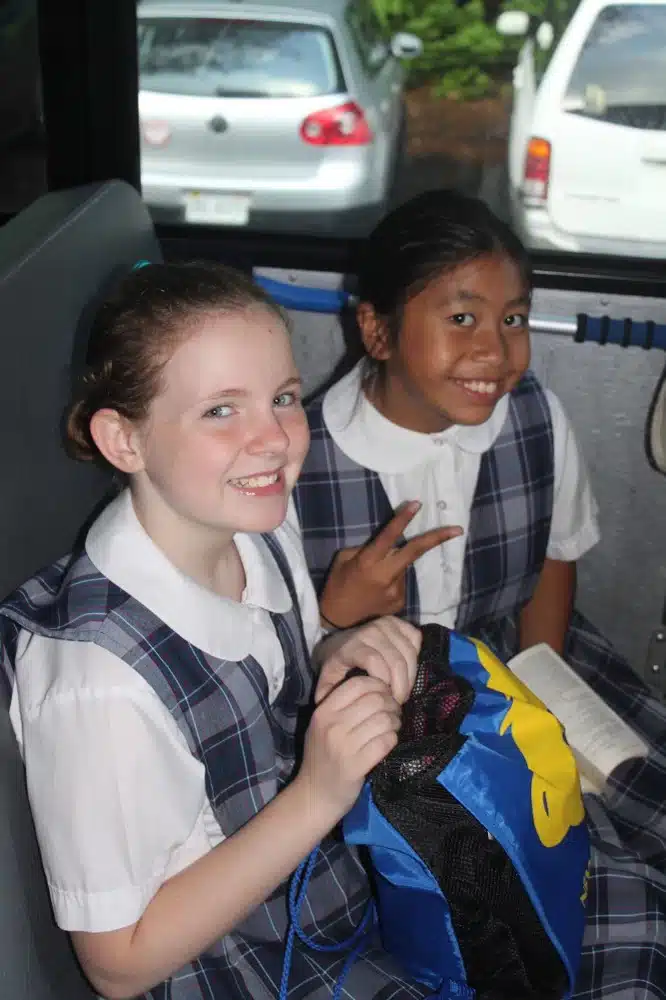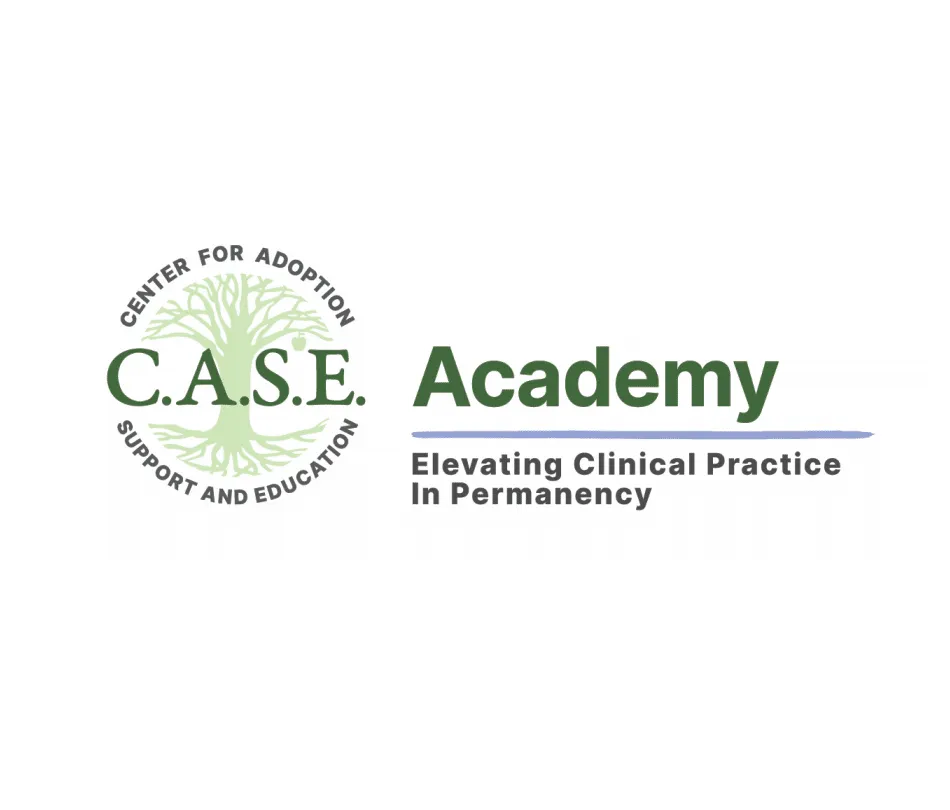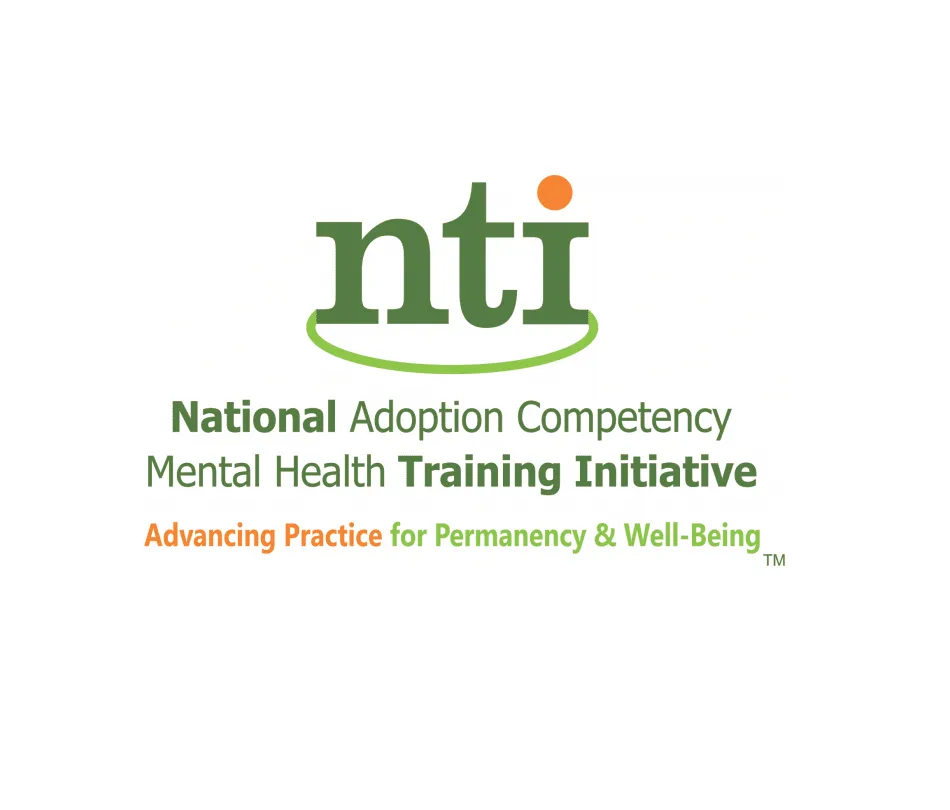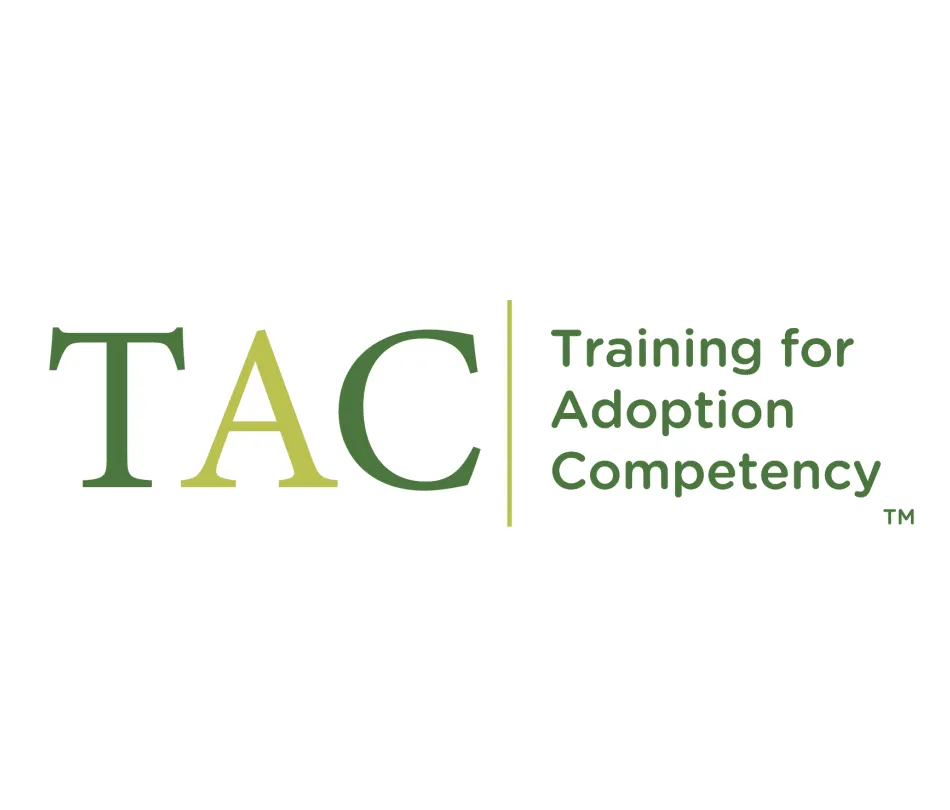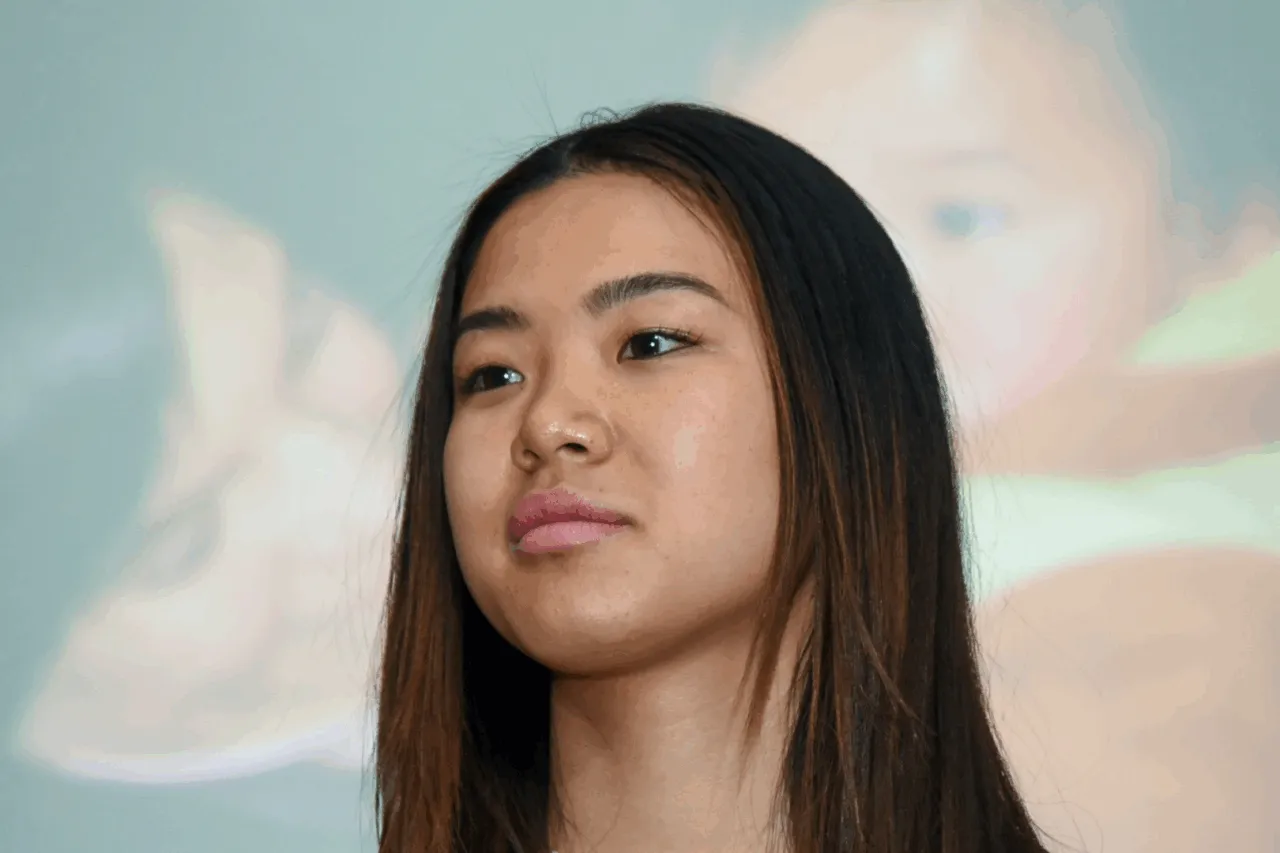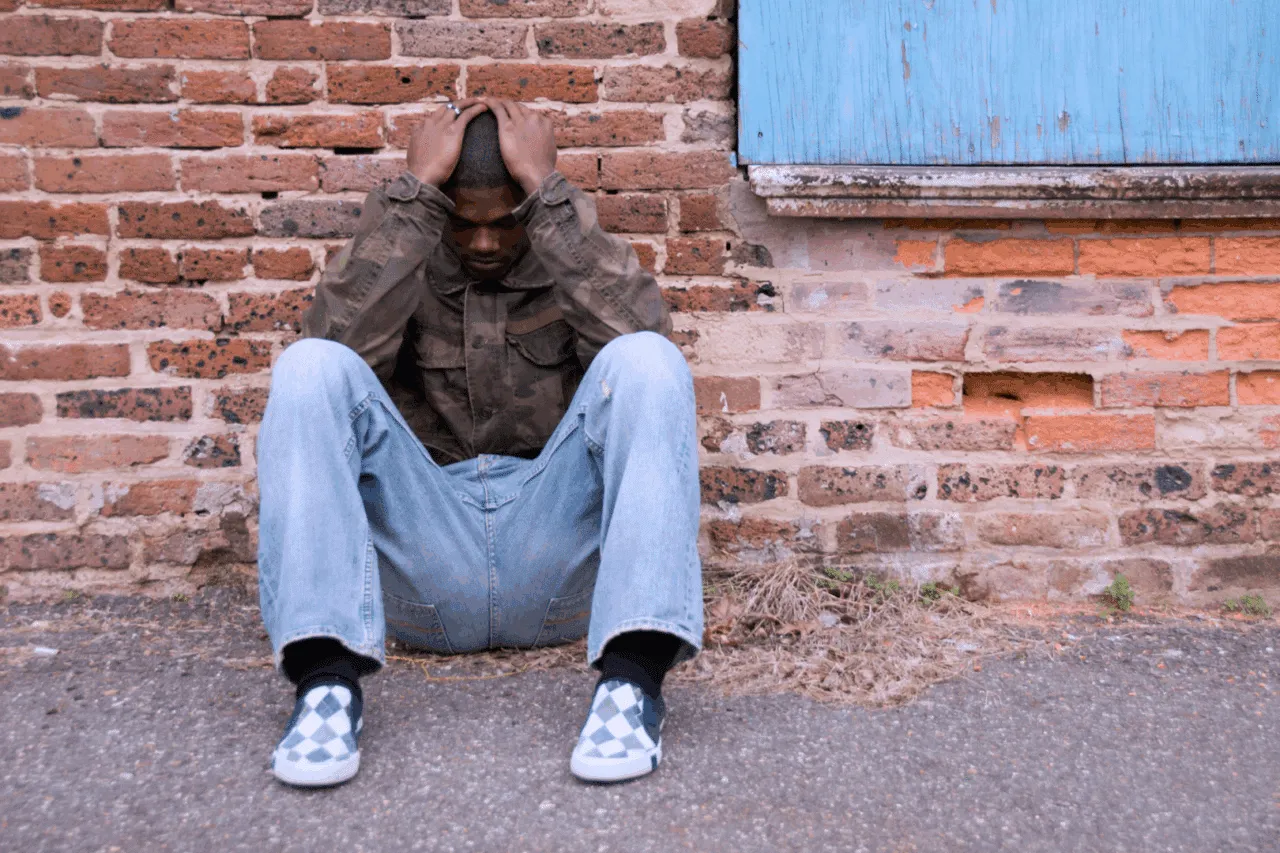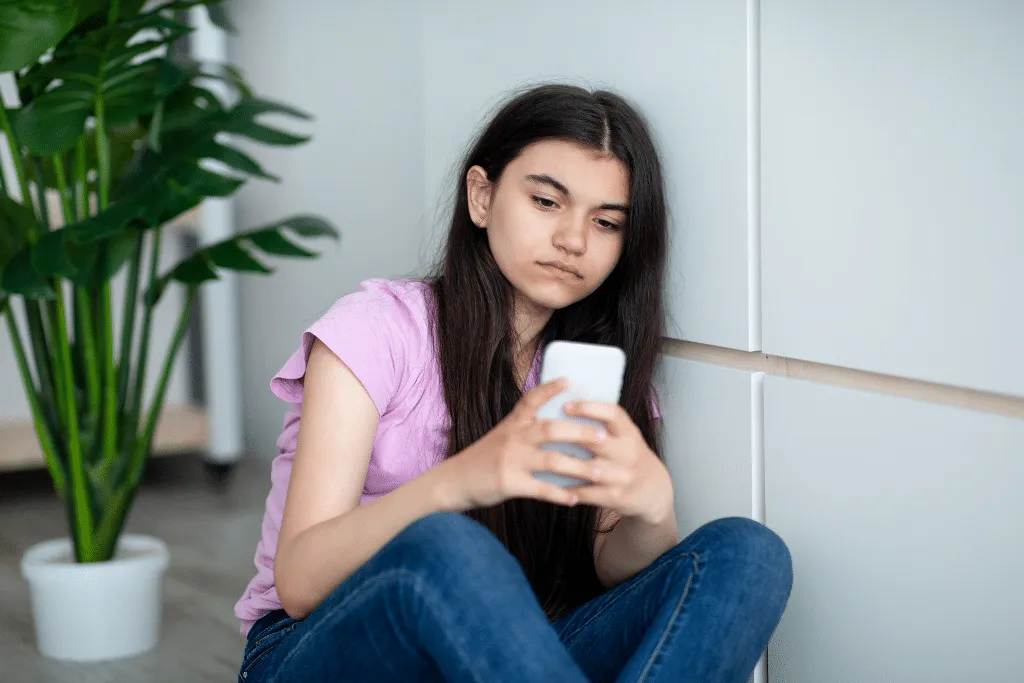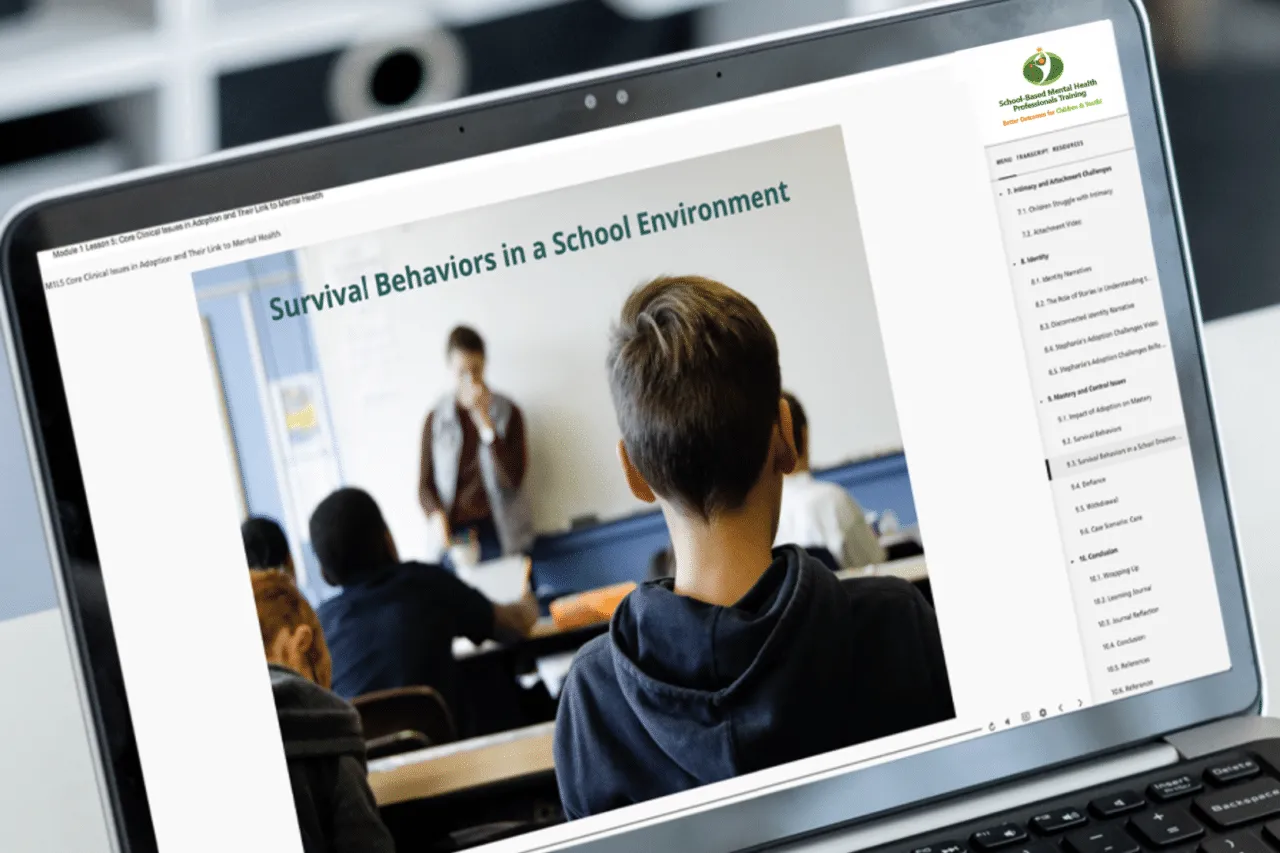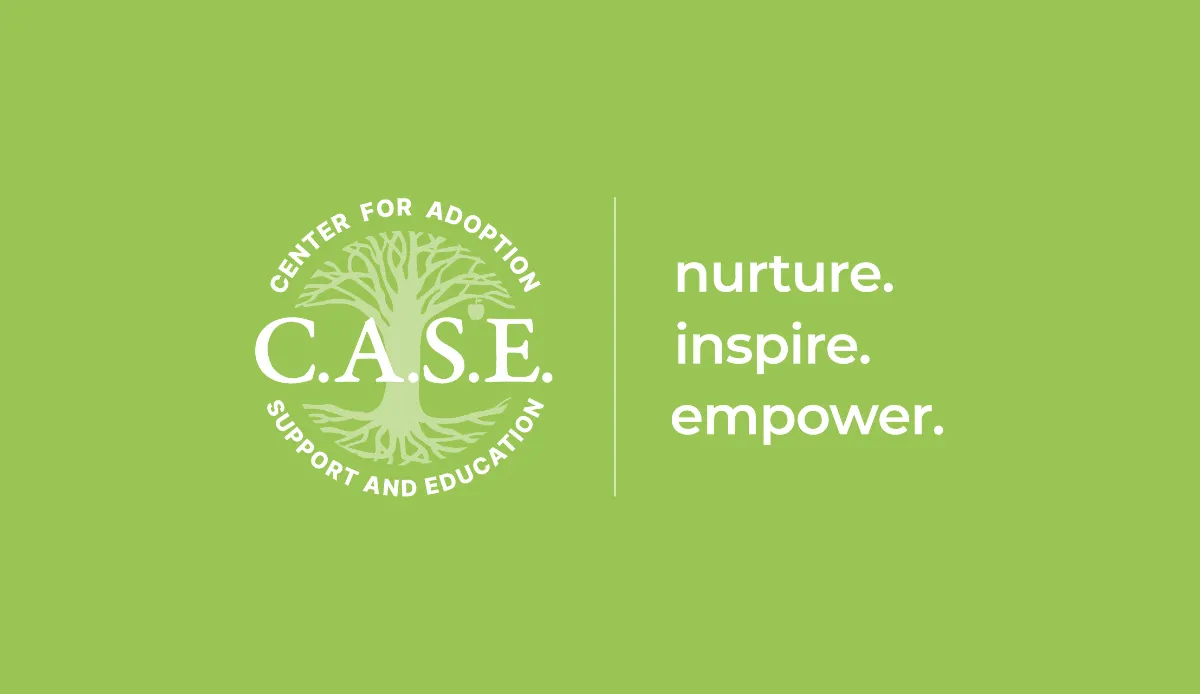Navigating Friendship and Mental Health: The Power of Adoption-Competent Therapy in Healing and Connection
Navigating Friendship and Mental Health: The Power of Adoption-Competent Therapy in Healing and Connection
The Emerging Leaders Candid Corner
A place where adopted adults candidly share THEIR stories & answer YOUR questions
Eighth grade brought special privileges at the school I attended. We got to sit on the bleachers that lined one of the gym’s walls, overlooking a sprawling sea of underclassmen, uniformed in a navy blue and white plaid. Later in the year, we could wear red sweatshirts as a physical marker of our seniority. New school years inevitably bring about changes in teachers, courses, classrooms, and even the gaining or fracturing of friendships. What I did not prepare for, though, was a semester void of the laughter and companionship of my best friend.
I met Emily*, one of my close friends and a fellow adoptee, in the fifth grade. Part of a military family, Emily experienced multiple moves throughout her childhood and one of those stops was the Washington, D.C. area. Emily’s absence in the fall of our eighth-grade year was full of unknowns as I waited for her to return. Dialogue surrounding mental health and proper care was absent from my world as I knew it, and I found it hard to ask questions about what happened, where she went, and when she would come back. “Maybe I played a part in this,” I thought, waiting for the day that an adult would broach the subject with 14-year-old me. I had no prior experiences like this to build a foundation on and outside of an occasional text, Emily and I had no contact for half of the school year.
Rumors spread throughout the middle school halls and although mental health was a taboo topic, it felt amplified within the religious confines of our instruction. I was determined to not let what I overheard be the arbiter of truth, but this was admittedly difficult. Peer influence is strong and with parents also spewing their distaste for “her situation,” I struggled to see our friendship as salvageable. Emily eventually returned to school and if I so much as looked at my best friend, I could see the hollowness in her eyes. Where was the bubbly, silly girl I knew?
Three years later and struggling with my own mental health, I found my way to C.A.S.E. and received two years of adoption-competent therapy. It was at C.A.S.E. that I finally had someone to validate how hard adoption and other major life transitions were for me. My therapist gave me her undivided attention, and she pushed me to feel my emotions so rawly that I would sometimes leave the office puffy-eyed.
I now had a deeper understanding of myself and the nuances of my adoption story, but it was not until I pursued social work academically in college and in my professional life that I truly put more of my friend’s experiences into perspective. Her lack of communication was not because of anything I did wrong, but rather from the symptoms of a diagnosable mental health condition. The foundation built by my C.A.S.E. therapist in high school smoothed over the path to hope, healing, and a stronger bond between my fellow adoptee and me.
In my previous job, I worked with children affected by the foster care system to process their own stories and discuss what their hopes were for the future. Separated from their birth families, I resonated with the young children like me who had no words yet to put to their experiences. The adolescents, though, could be harder to unravel. Many had seen multiple placements, witnessed unbelievable trauma, and because of this, they used their witty sarcasm to avoid vulnerability. These older kids often had at least one mental health diagnosis and in some cases, a laundry list that followed them with every transition to a new foster home or school. Teenagers challenged me to engage in unique ways like tapping into that sarcasm and bringing the occasional snack to elicit their participation. Most of all though, my caseload of wonderful humans reminded me of navigating a relationship amidst mental health concerns. Championing their strengths while stigma and labels persisted was, in a small way, like paying homage to my younger self who was lost and without the resources to help my friend, Emily.
Every adoptee and foster youth deserve that chance to thrive, and without appropriate levels of mental health care, we miss the opportunity to witness our children be angry, be happy, be sad, recognize what they have lost, and ultimately, heal from the pain of their early life experiences. Adoption-competent therapy is a valuable asset to this community. The impact of receiving appropriate guidance, like that of a therapist, equips adoptees and those impacted by foster care with the tools to respond to themselves and the struggles of their loved ones more compassionately.
*Emily gave this author permission to tell her story with the hope of educating members of the adoption community. Emily also permitted her first name and photo to be used by this author.
